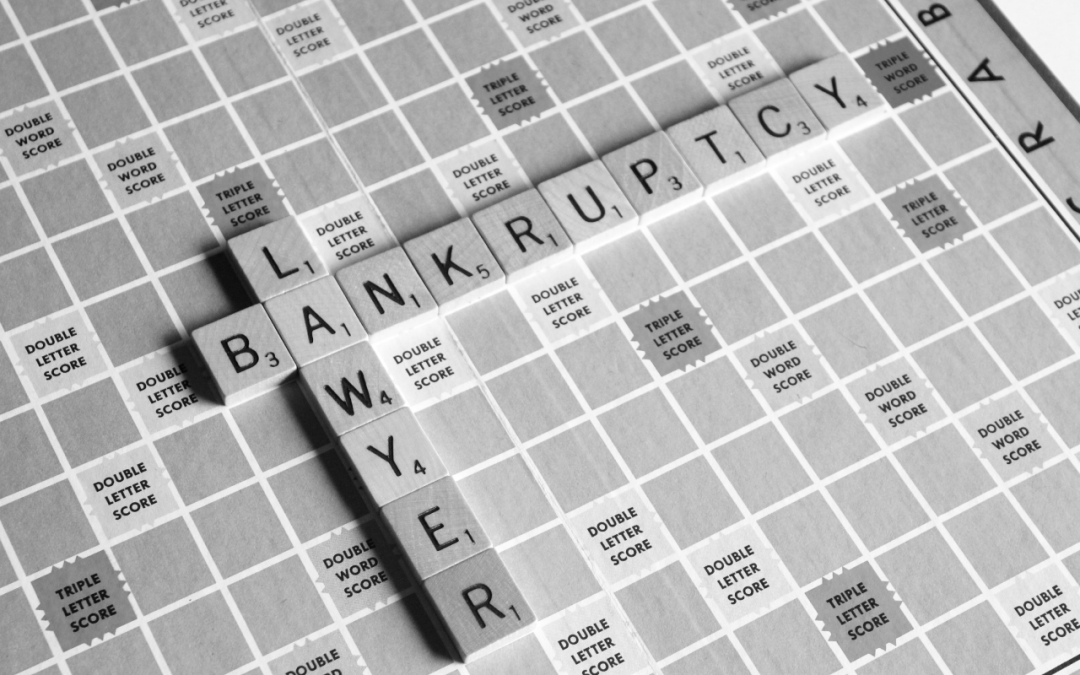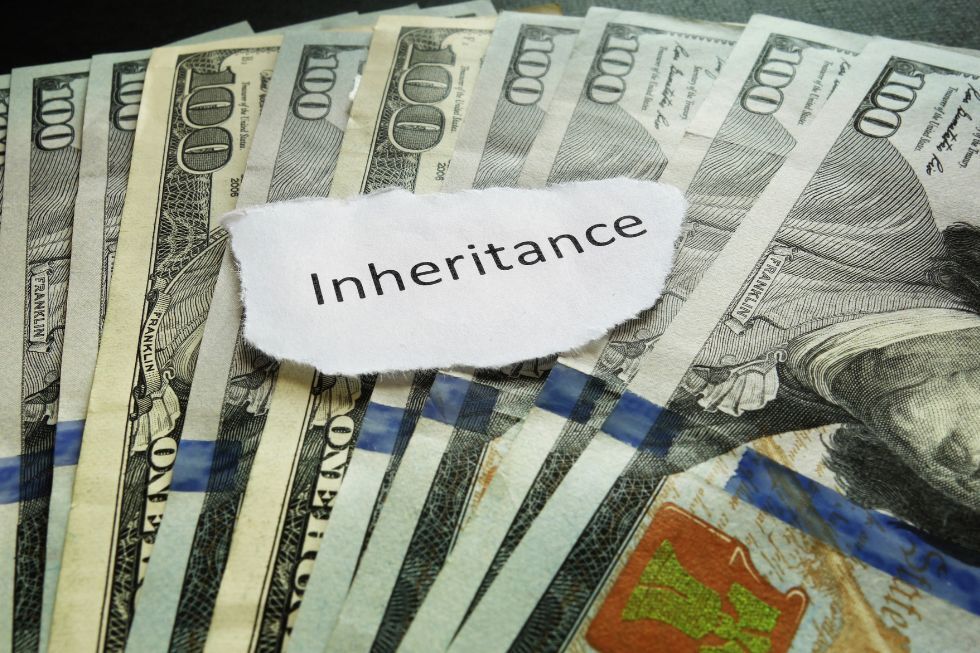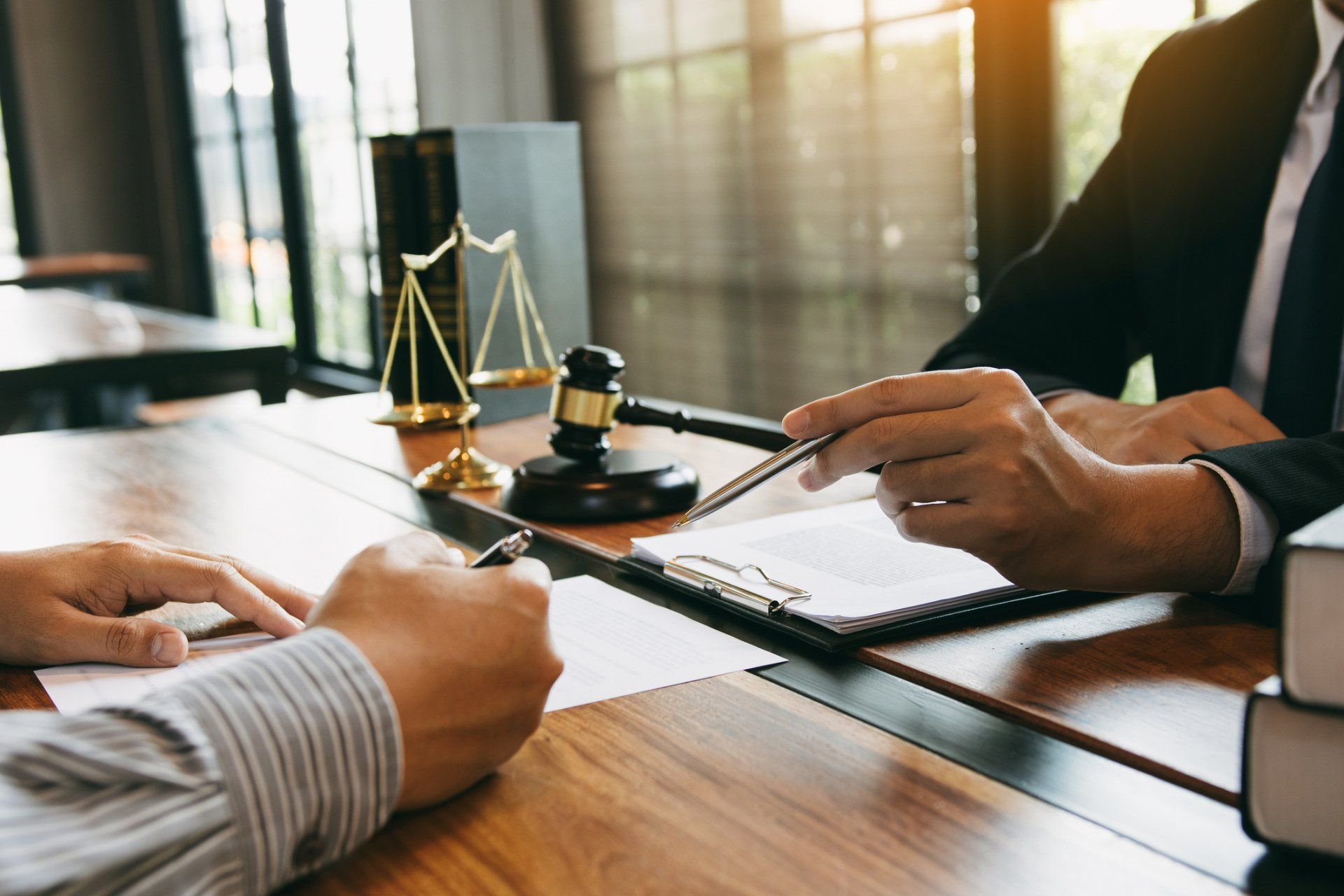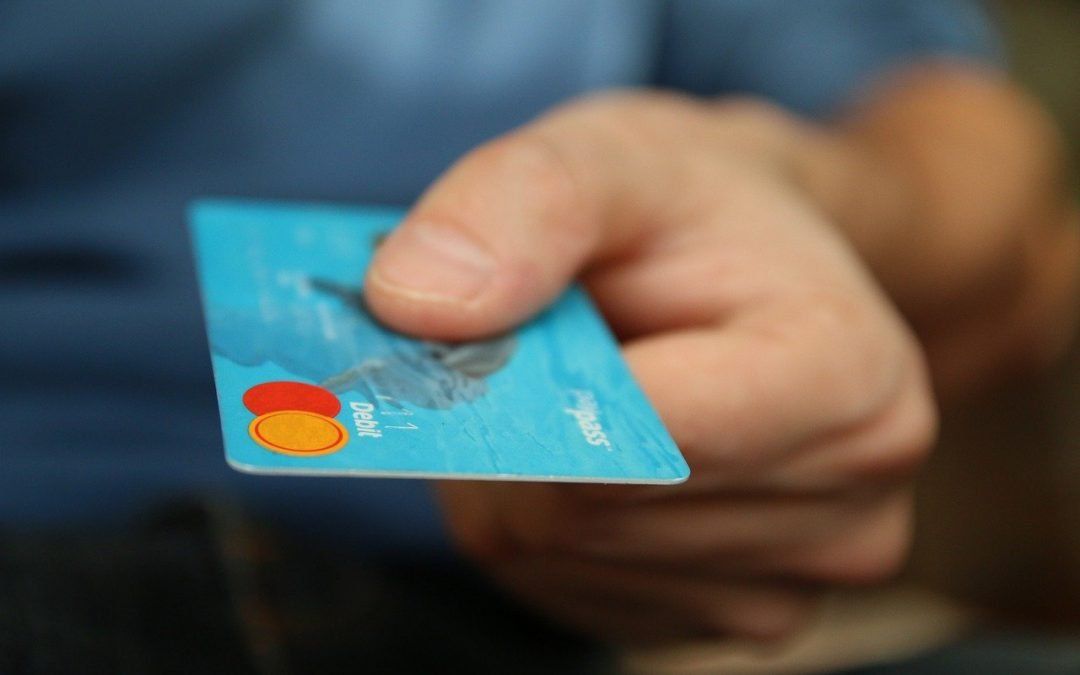Vehicle Liens and Bankruptcy in South Dakota

When you file for bankruptcy in South Dakota, the court begins an analysis of your income, expenses, debts and assets to determine how best to rectify your financial challenges. This analysis will include any vehicles you are financing or own outright. For example, those which are subject to a lien, and those which are not. Some debts can be discharged through bankruptcy, and some will be restructured for repayment. Others, like in the case of certain vehicle liens, may continue without being affected.
Do You Own or Finance Your Vehicle?
If you own your vehicle outright, meaning there is no lien or lender involved, the vehicle may be sold to discharge other debt. However, it may not be subject to such a sale if it can be considered “exempt” property. Under South Dakota law, vehicles are not automatically exempt from bankruptcy proceedings. That means it is possible that they can be sold off. However, South Dakota does have an
additional property exemption. This allows a debtor to exempt any property from bankruptcy up to $7,000 for the head of a family or $5,000 otherwise. This could include the equity in your vehicle.
How Vehicle Liens Work
You may own your vehicle outright and be able to list it as exempt property. Though, many people cannot afford the high price of owning a vehicle. However, they likely can afford to pay for it by financing, i.e. paying much smaller sums over time until the full price is recompensed. To do this, a lender, usually a bank, will pay the full price to the vehicle dealer or seller, and the individual who is purchasing the vehicle pays the bank back over time. This arrangement creates a lien. And that means if the bank does not get paid in full, they can take the vehicle and sell it to recoup the money they’re owed.
What Happens to Your Vehicle in Bankruptcy When There’s a Lien on It?
A vehicle which is still being financed would likely have a lien attached to it from the lender. This creates a separate analysis when it comes to the vehicle. In bankruptcy, a lien from a vehicle loan is a “secured debt,” which means such a debt is unlikely to be discharged and you might have to return the vehicle to satisfy it. Whether or not the lien has been perfected (recorded properly) and whether a debtor is behind on that vehicle’s payments are the main considerations in understanding what will happen to a vehicle subject to a lien in bankruptcy.
In the specific instance where a debtor does not own a vehicle outright and there is a perfected lien on the vehicle which existed before bankruptcy, a debtor has a few options. When you file, you can choose to return your car to the lender to satisfy that particular debt. If your arrangement allows you to keep the car, it will still be subject to the lien and required payments. Overall, it’s unlikely that a bankruptcy proceeding will allow you to discharge a secured debt like a vehicle lien. If you retain the vehicle and cannot make payments during or after bankruptcy, the remaining lien will allow the lender to repossess the vehicle.
While this article is intended to simplify common questions about the bankruptcy process and vehicle liens in South Dakota, bankruptcy has serious legal and financial consequences. There is no substitute for a conversation with an expert. Please contact us today at Thomas A Blake Law to learn more and let us understand your specific circumstances. We can help you navigate the bankruptcy process and all it entails.












